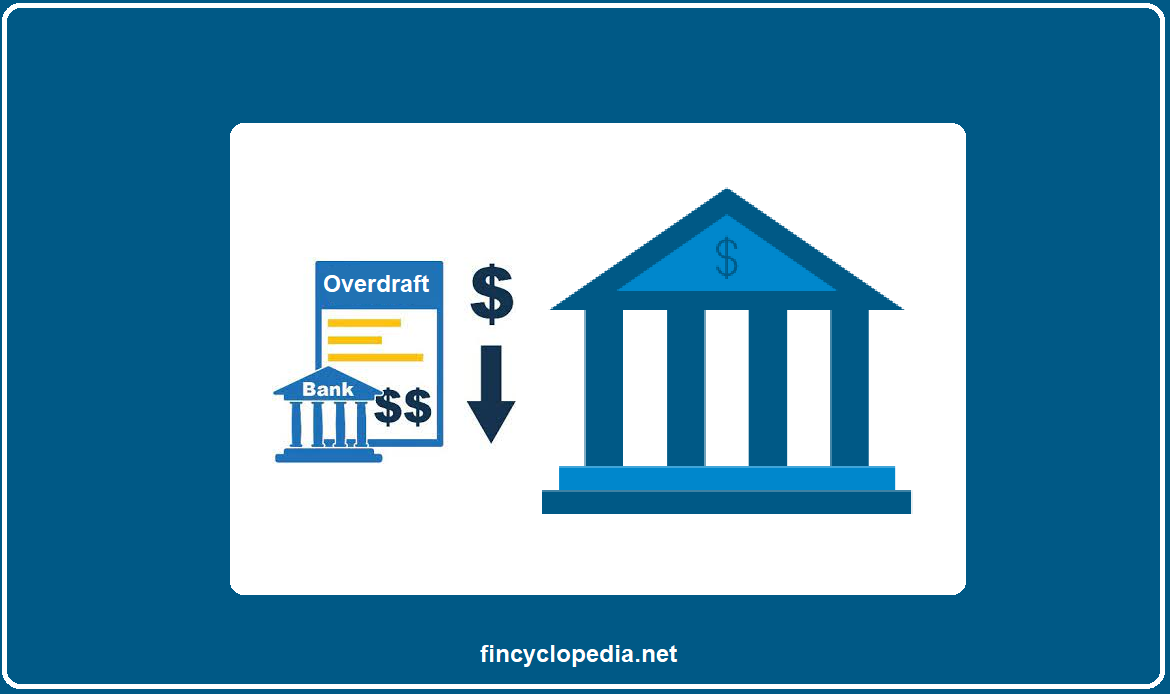An interest rate that correspond to loans and deposits that carry overnight terms. For overnight deposits, lenders (overnight lenders) can earn a higher interest on their liquid assets compared to the interest rate of a settlement account. The overnight deposit is a short-term investment instrument whereby commercial banks can invest their overnight excess liquidity at a certain overnight rate. Under normal conditions, the interest rate of the deposit facility creates a floor for the overnight market interest rate.
The interest rate on an overnight deposit is usually determined as the monetary policy rate (e.g., 2.5%) minus certain percentage points (e.g., 1.5%). Most central banks publish the overnight rate once a month.
Overnight rates reflects the amounts paid to the bank extending an overnight loan. Banks can choose to borrow or lend for overnight periods or longer, depending on their estimated needs for liquidity or opportunities to use excess funds elsewhere.





